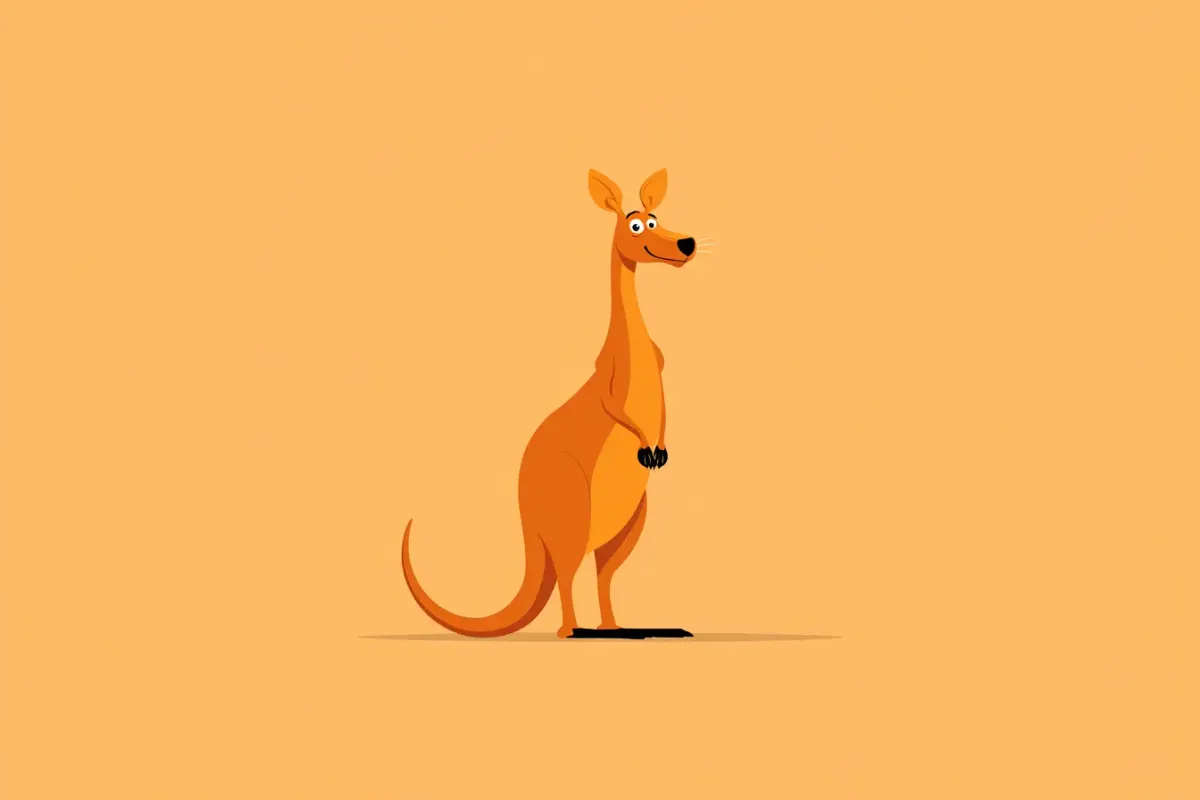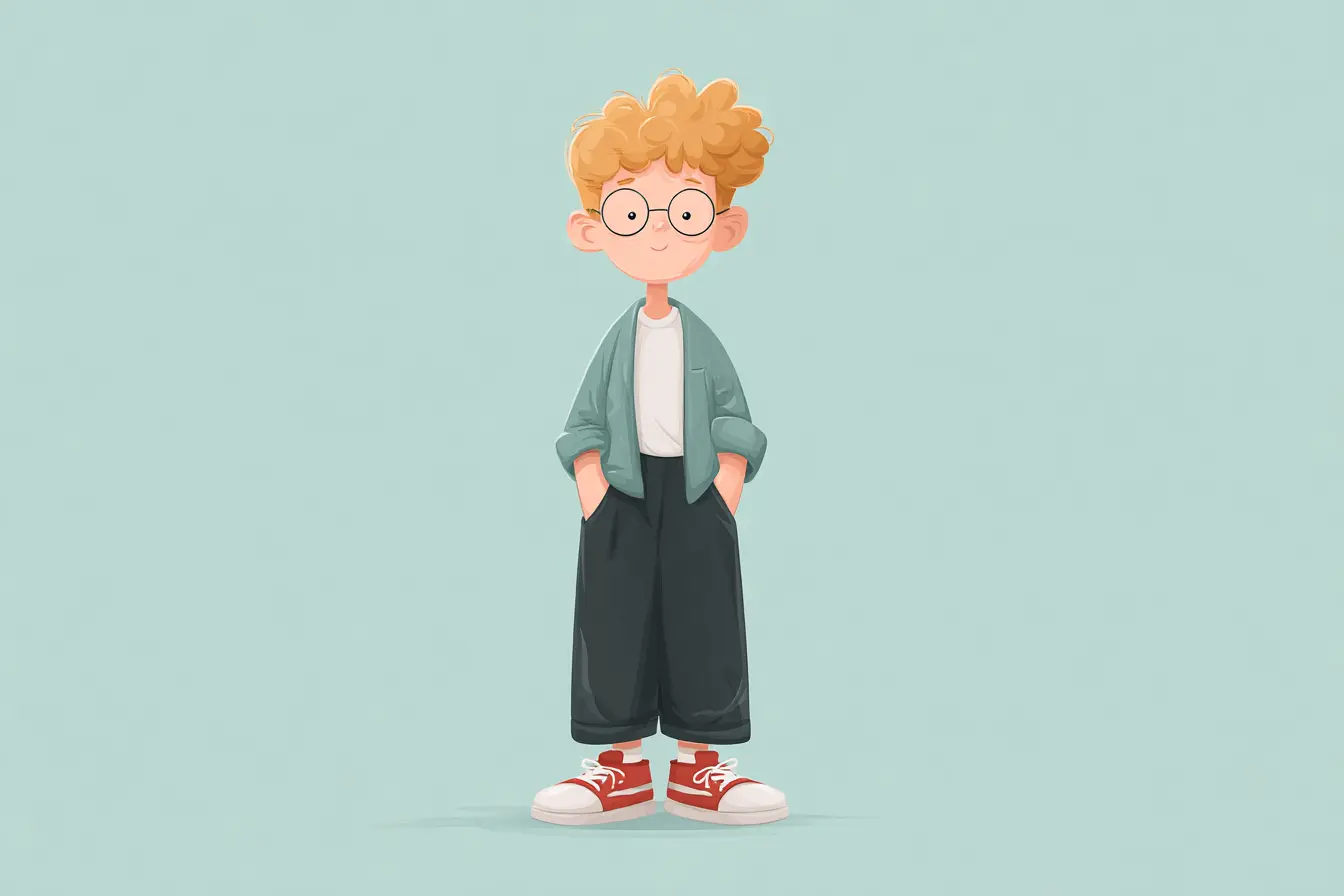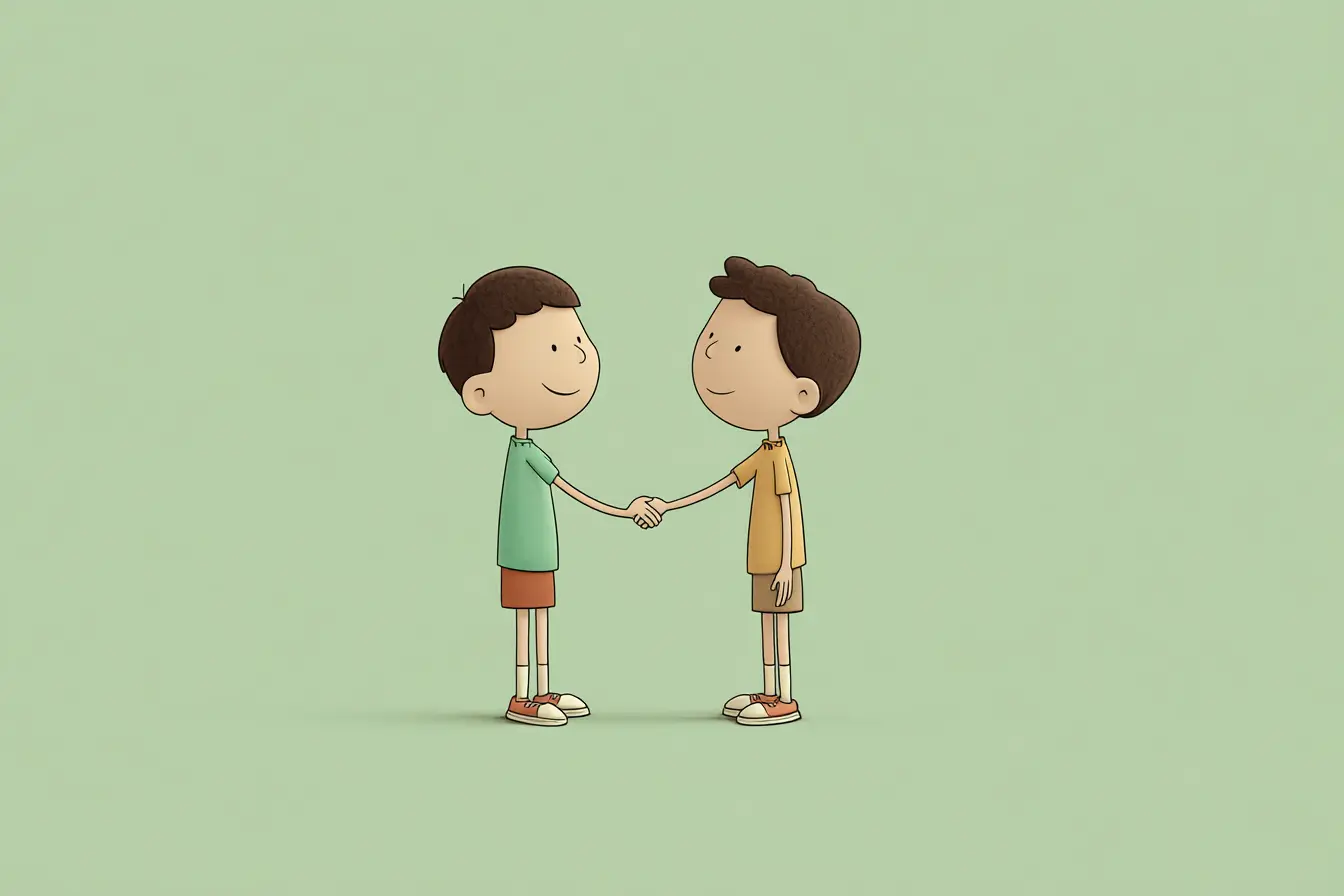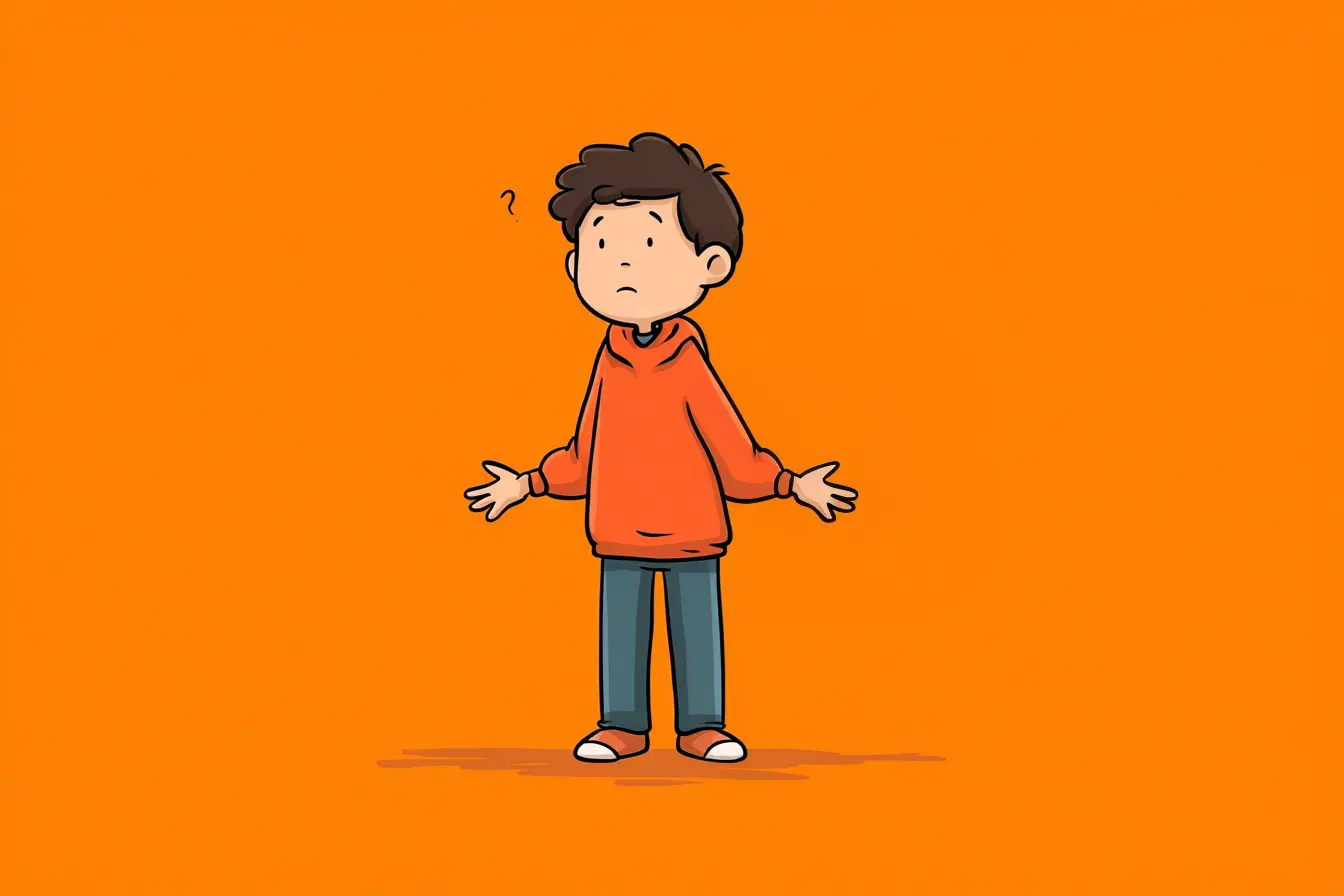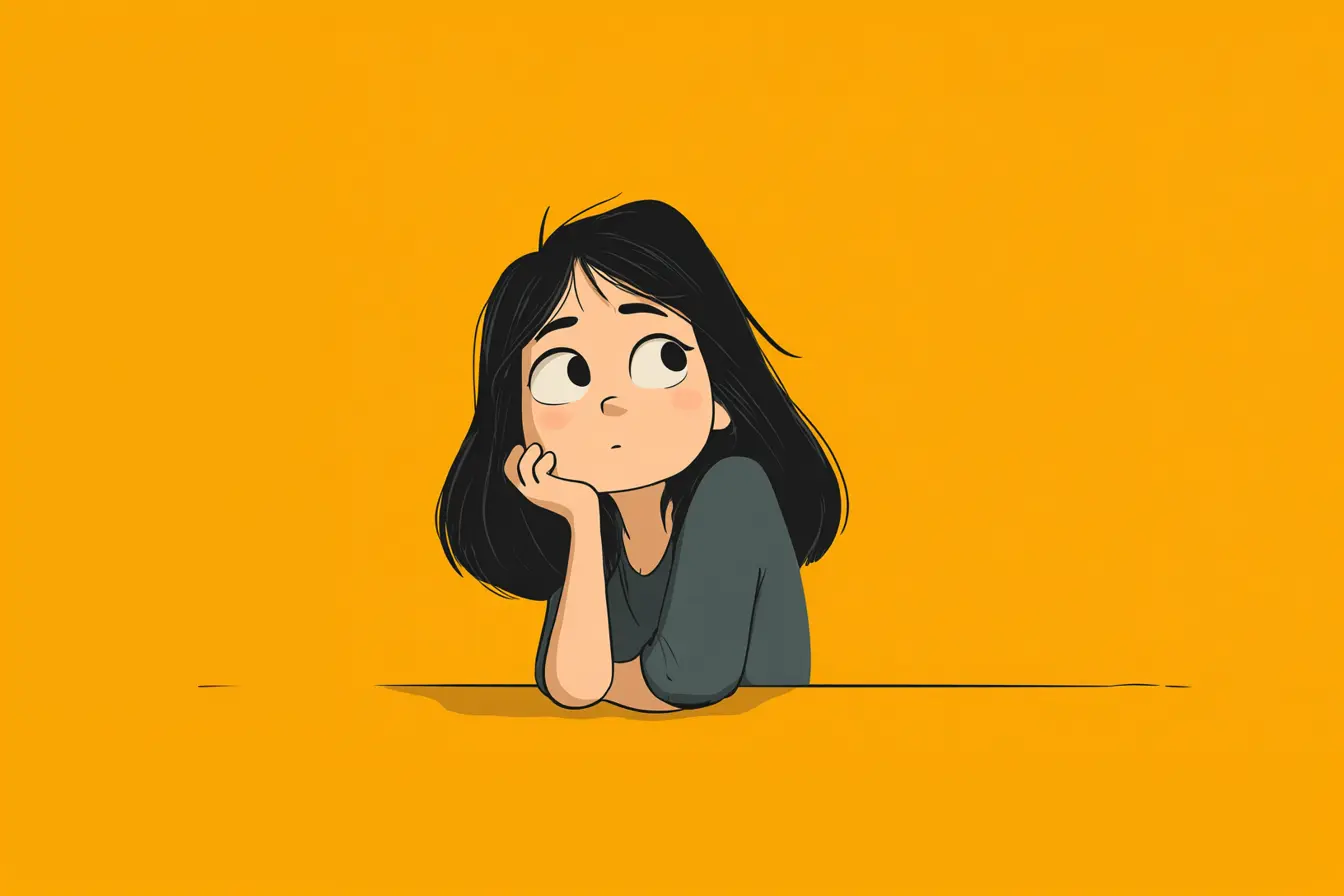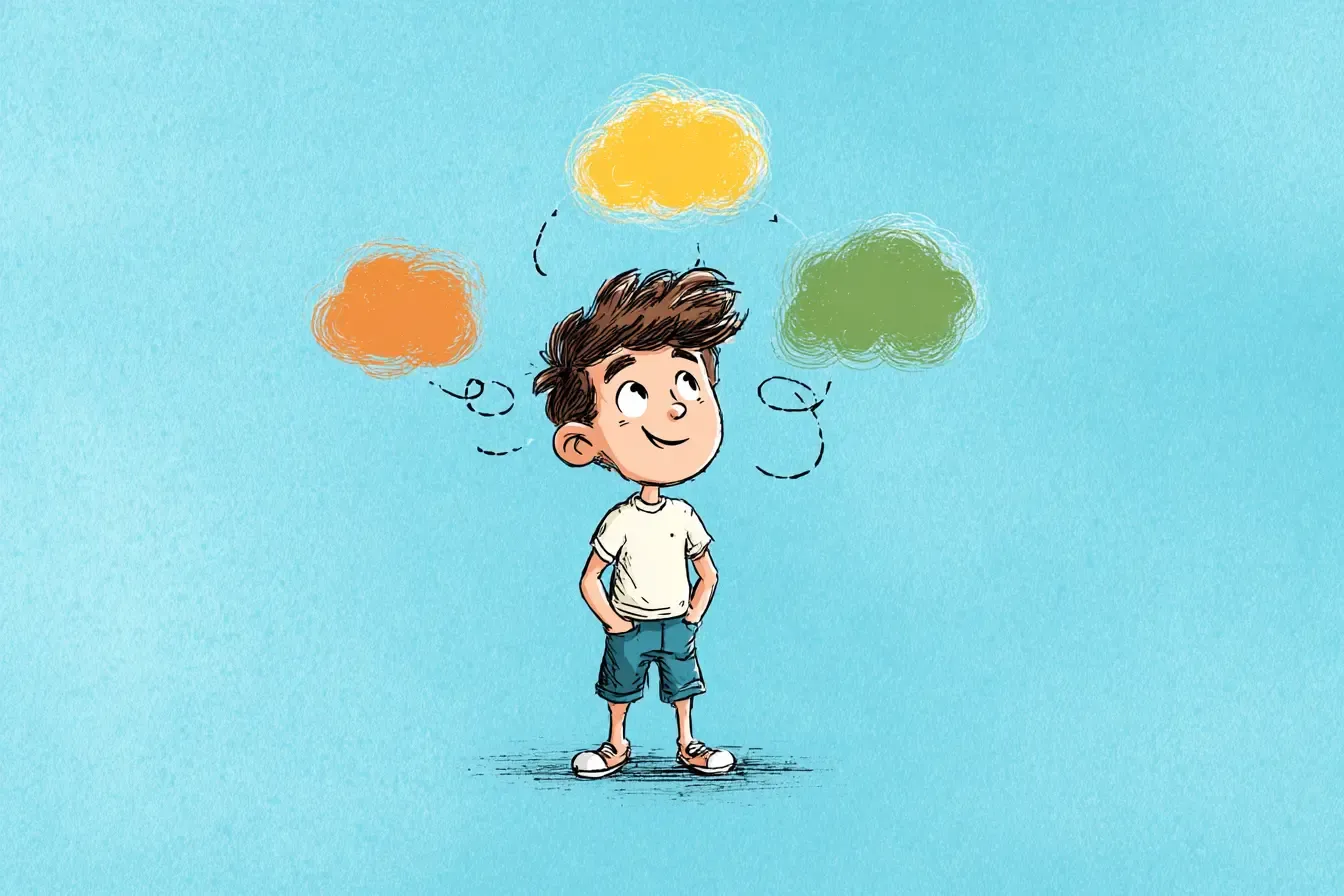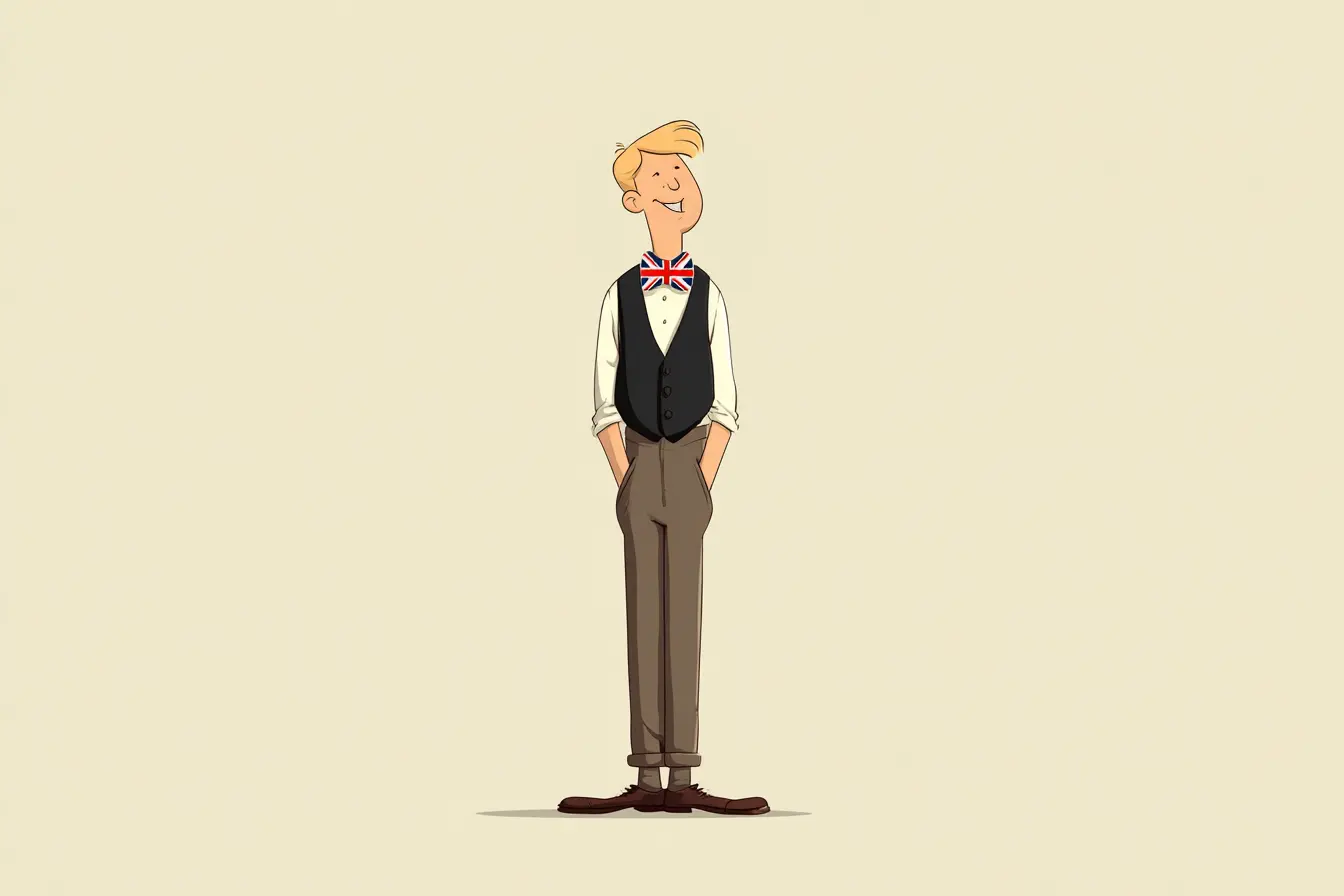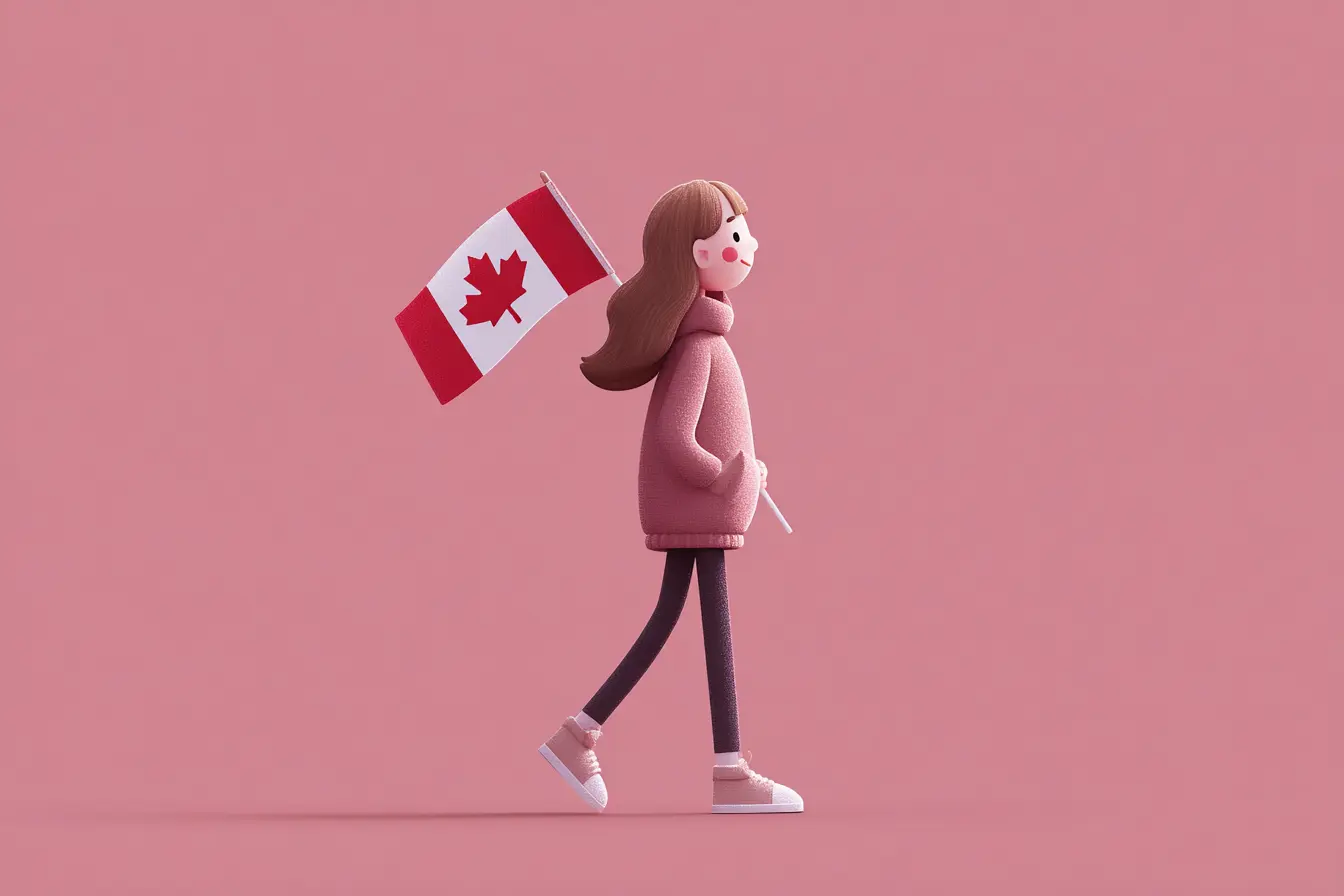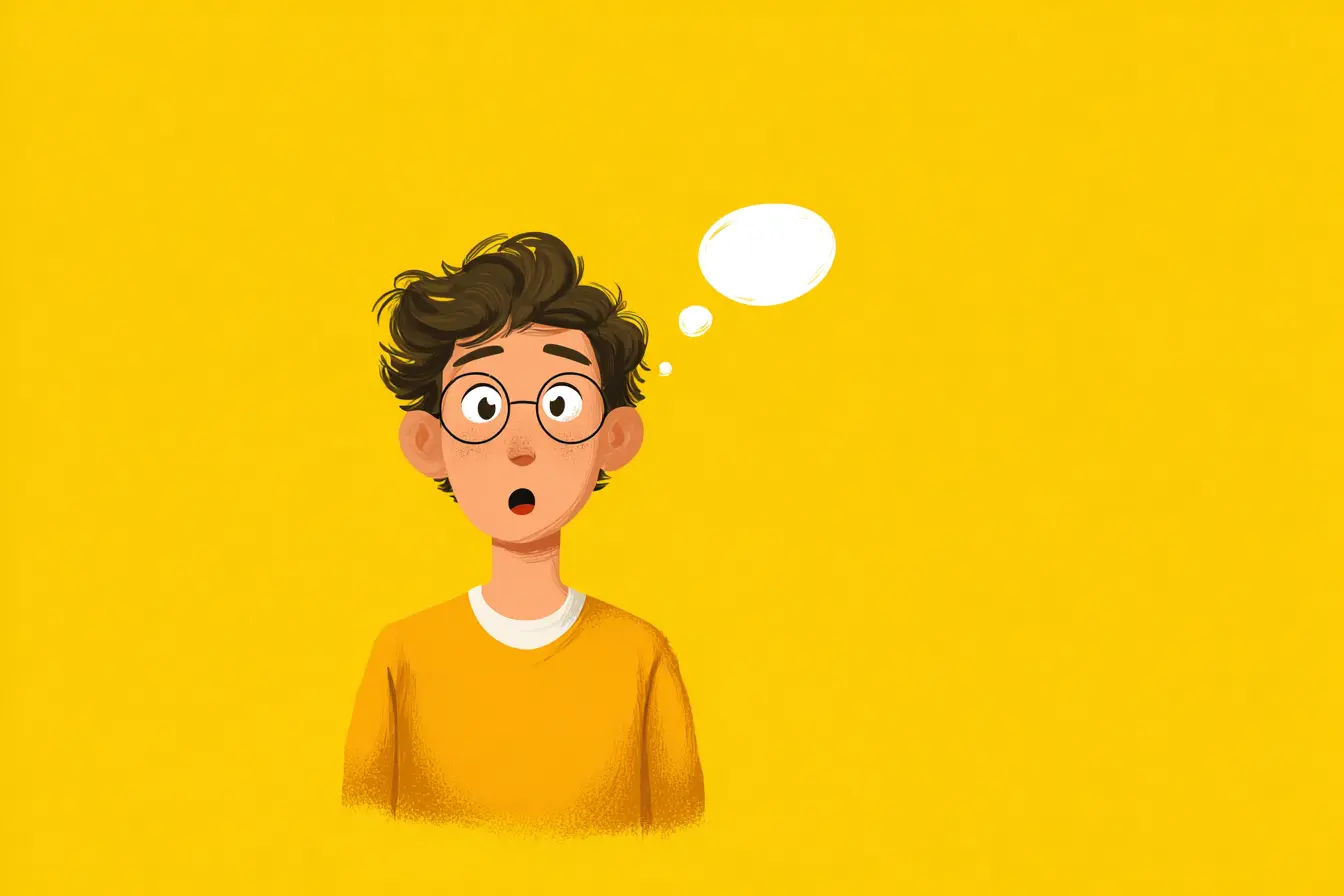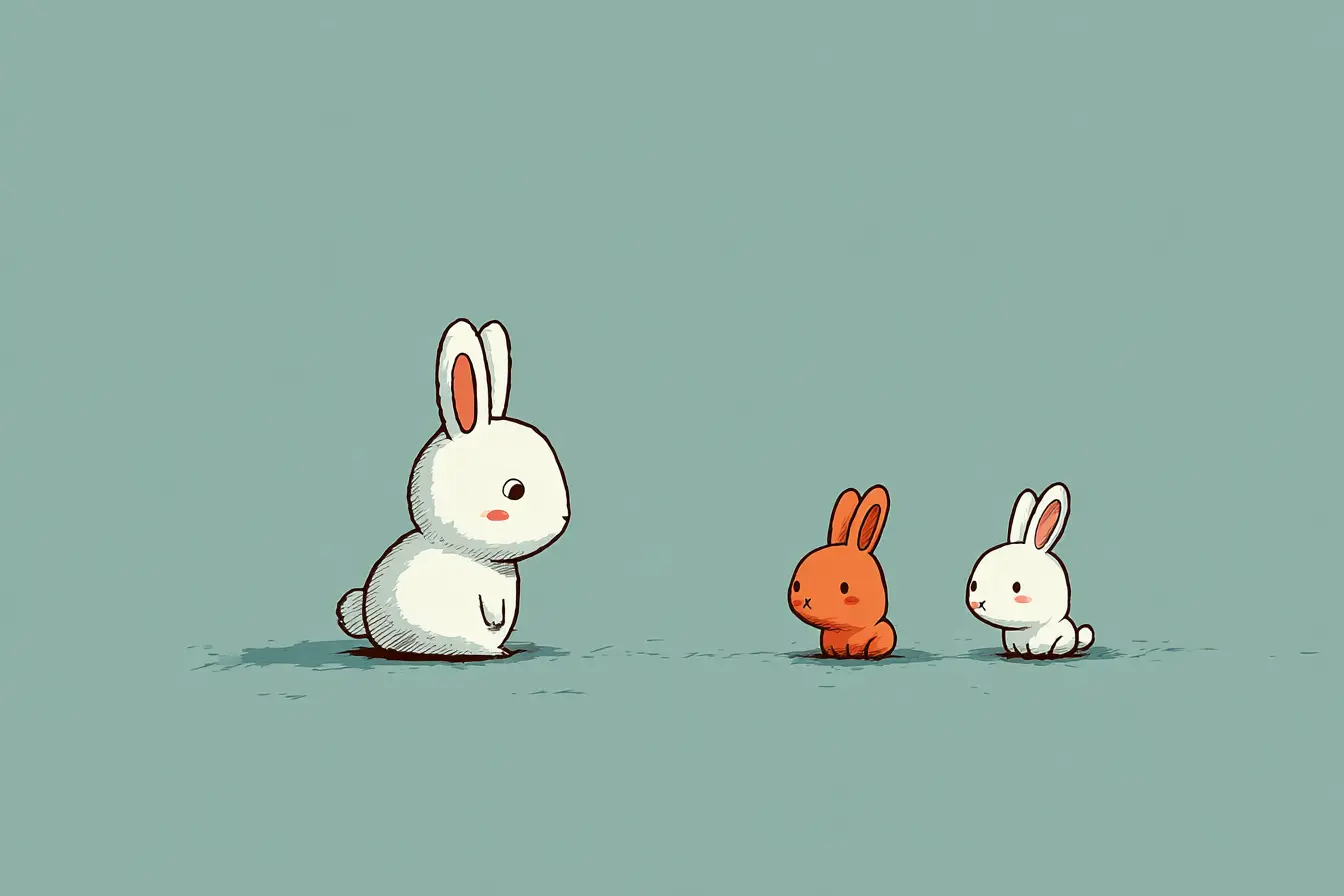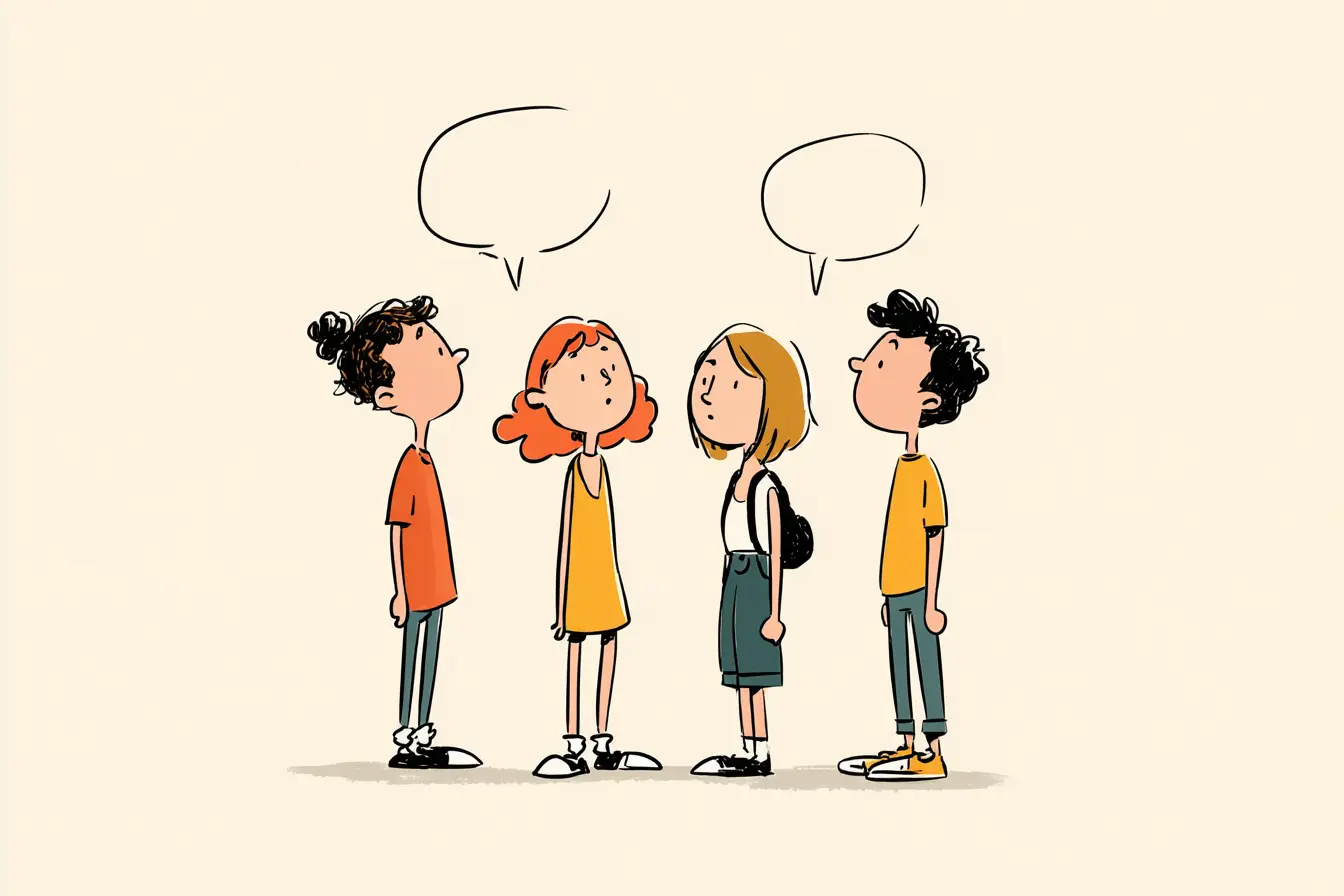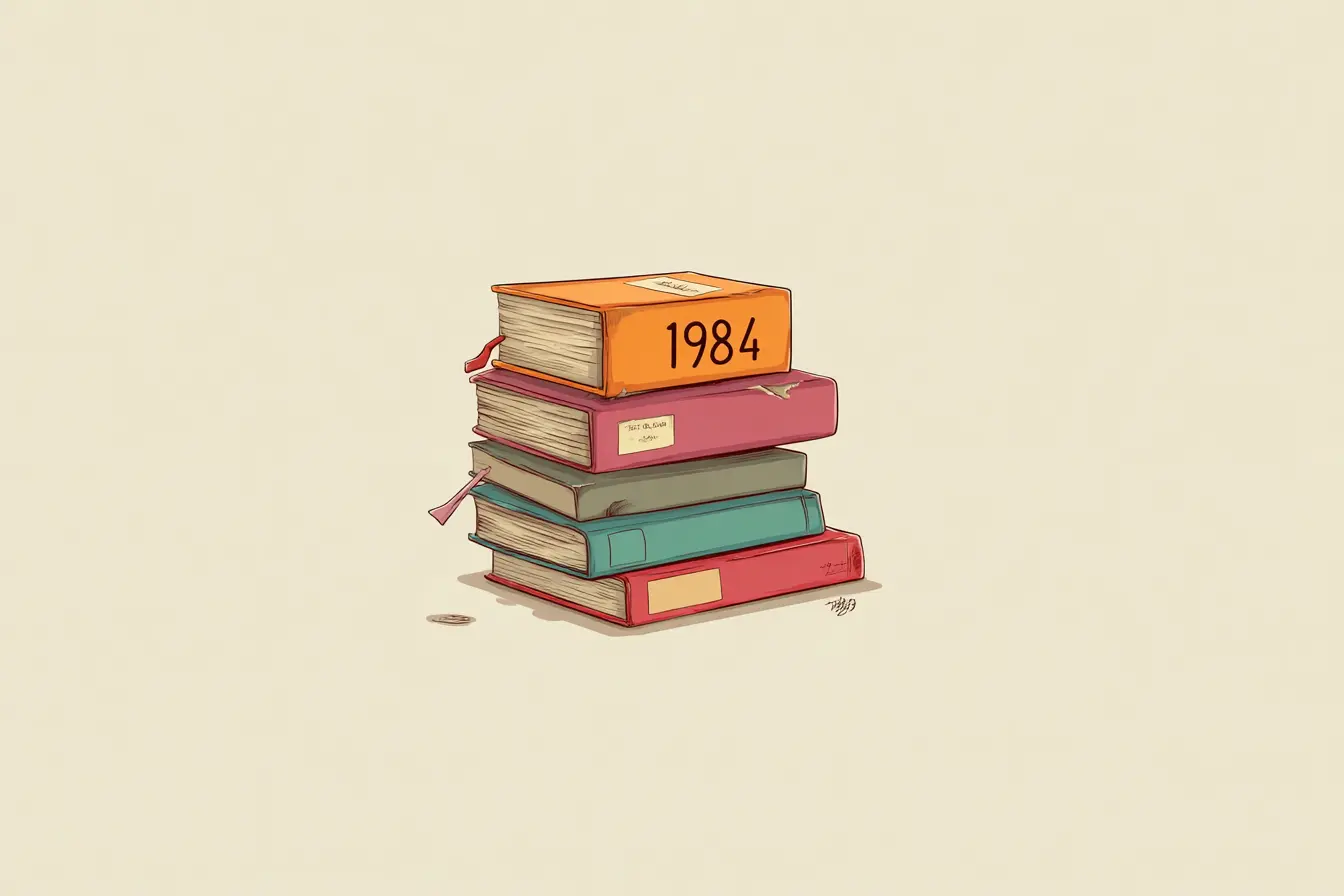Australian English has a rhythm, humor, and creativity that set it apart. What makes it so distinctive isn’t just the accent, but the way everyday speech is peppered with slang, idioms, and quirky colloquialisms that sound both funny and clever to outsiders.
Why Aussie Slang Is So Unique
From the early days of British settlement, Australians developed their own Australianisms. Words were shortened, twisted, or reinvented to fit local life, and that habit never disappeared. Australians love to cut words in half, add a cheeky ending, and keep conversations relaxed. That’s why you’ll hear “arvo” for afternoon, “brekkie” for breakfast, and “footy” for football.
The style also reflects a national value: keeping things casual. Where American English often stretches to formality and British English leans into politeness, Aussie slang favors friendly shorthand. The result is a dialect where a stranger at a barbie (barbecue) feels like an old mate in minutes.
Everyday Aussie Slang Words
Here are some of the most common Australian slang words you’ll hear all the time:
Notice how many of these words are playful, short, and easy to throw into conversation.
Funny and Unique Aussie Slang Phrases
These Australian phrases often confuse outsiders, but they’re a huge part of the culture.
A Few Rules Behind the Slang
Although Australian slang words may seem random, there are patterns. Shortening words and adding endings like -ie/-y or -o is very common:
- Postman → Postie
- Garbage collector → Garbo
- Service station → Servo
- Afternoon → Arvo
- Present → Prezzie
This wordplay makes the lingo feel lighthearted and approachable, reflecting an easygoing national personality.
How to Use Aussie Slang Without Sounding Fake
If you’re traveling or learning English in Australia, don’t try to add all the things Australians say into your speech right away. Locals can spot forced slang easily, and authenticity matters more than showing off vocabulary. Start with small, natural swaps: say “mate” instead of “friend,” or “no worries” instead of *“it’s fine.” As you listen more, you’ll gradually absorb the rhythm, pronunciation, and the right moments to use different Australian expressions.
The Australian accent also plays a big role in how the slang sounds. A few things to keep in mind:
- Rising intonation: Many Aussies end statements with a rising tone, almost like a question. This feature, called “uptalk,” can confuse outsiders but is a common part of everyday speech. For example: “We’re meeting this arvo?” (even though it’s not really a question).
- Vowel shifts: Words stretch differently—“mate” sounds closer to “mite”, and “day” can sound like “die.” Knowing this helps you recognize familiar words in conversation.
- Dropped endings: Aussies often soften or drop the “r” at the end of words, so “car” might sound like “cah.”
- Relaxed rhythm: The flow is quick and casual, matching the laid-back culture. That’s why colloquialisms like brekkie or footy feel natural: they’re short and easy to say fast.
Spend a day in Australia and you’ll hear Aussie slang everywhere: on the street, at the café, at a weekend barbie. Someone will greet you with a “G’day, mate,” another will reassure you with a cheerful “no worries,” and before you know it, you’ll be laughing at expressions like mad as a cut snake. These words carry the humor, resilience, and friendliness that Australians are known for. Picking them up feels less like studying and more like being welcomed into a conversation that’s been going on for generations.
FAQ
What are the most common Australian slang words?
Some of the most common Australian slang words include arvo (afternoon), brekkie (breakfast), Maccas (McDonald’s), servo (gas station), sunnies (sunglasses), snag (sausage), and barbie (barbecue). The phrase no worries is used constantly to mean “it’s fine” or “don’t worry,” and mate is a universal way of addressing people, from close friends to strangers.
What are some funny Australian sayings?
Australia is full of colorful colloquialisms and idioms that sound hilarious to outsiders. Examples include “mad as a cut snake” (very crazy), “flat out like a lizard drinking” (extremely busy), “spit the dummy” (throw a tantrum), and “she’ll be right” (everything will be fine). Phrases like “built like a brick dunny” (very strong) or “as useful as an ashtray on a motorbike” (useless) show the Aussie love of humor and exaggeration.
Is Australian slang different from British or American slang?
Yes, very different. Although Australian English shares roots with British English, the Aussie slang phrases evolved in their own direction. For example, Australians say arvo for afternoon, while Brits say this afternoon and Americans simply say later today. Similarly, Aussies say bikkie for cookie, while in the U.S. it’s cookie and in the U.K. it’s biscuit. The style of slang in Australia is more playful and heavily based on shortening words and inventing nicknames, which makes it stand out from other English dialects.


